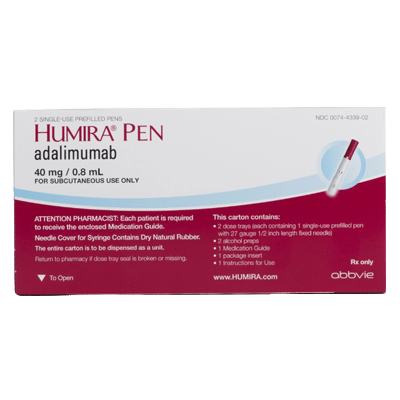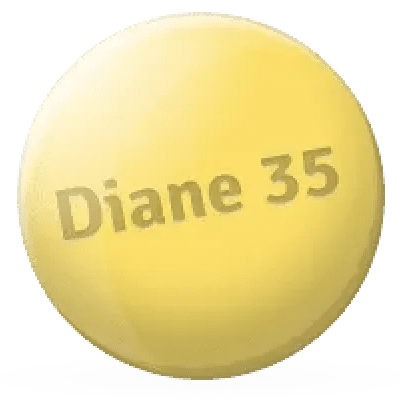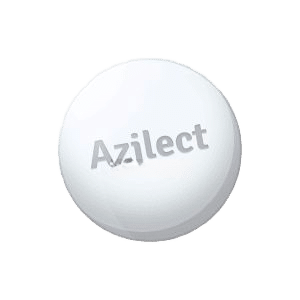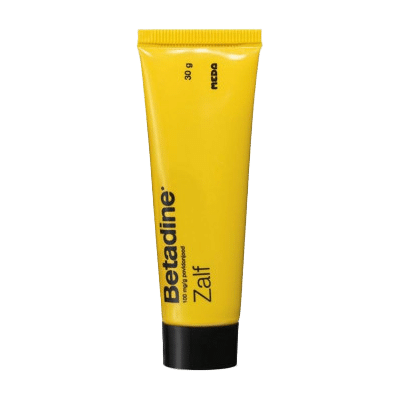Humira has made my life significantly easier. Previously, bouts of joint pain would devastate me, and I could barely perform everyday activities. Since starting treatment, the symptoms have become less severe, and Ive regained my mobility. This is truly a medication that improves my quality of life.

Humira
- Quality products
- Support 24/7
- Fast delivery
What is it?
Humira is a medication that actively affects the immune system. It is used to treat various inflammatory diseases in both adults and children. One of its main uses is the treatment of rheumatoid arthritis, which is accompanied by joint inflammation. Humira also helps manage psoriasis, which presents as red, scaly patches on the skin, and psoriatic arthritis, which is characterized by skin lesions and joint inflammation. Notably, Humira is also effectively used to treat intestinal diseases such as Crohns disease and ulcerative colitis, as well as uveitis and chronic juvenile arthritis.
Composition
Humiras composition consists primarily of the active ingredient adalimumab. This component belongs to a group of drugs called biologics. Its functions include suppressing excessive immune system activity, which helps reduce inflammation and alleviate symptoms in patients. The composition also contains additional ingredients that ensure the safety and stability of the drug. The drug includes:
- Glycine - ensures the solutions stability and is suitable for injection.
- Mannitol - acts as an osmoprotectant and improves drug tolerability.
- Sodium phosphate - maintains a stable pH level in the solution.
- Polysorbate 80 - is used as an emulsifier to maintain drug solubility.
- Water for injection - serves as a solvent in which all components of the drug are diluted.
How to use?
Using Humira requires careful attention to the instructions and strict adherence to your doctors recommendations. The drug is administered subcutaneously, and before use, consult with a qualified healthcare professional who will teach you the injection procedure. For optimal results, it is important to follow the correct dosage and frequency of administration, as well as the preparation instructions.
- Wash and dry your hands thoroughly before administering the injection.
- Select a suitable injection site, avoiding broken or irritated skin, and disinfect it.
- Prepare the syringe by carefully checking the expiration date and the appearance of the solution to ensure it is clear and free of foreign particles.
- Gently insert the needle into the skin, avoiding movement once inserted, and slowly inject the medication.
- After the injection, carefully remove the needle, cover the injection site with a sterile bandage, and discard the used syringe.
How does it work?
Humiras therapeutic effect is achieved through its active ingredient, adalimumab, a monoclonal antibody. This agent targets a specific protein called tumor necrosis factor alpha (TNF-alpha), which is involved in inflammation. While this protein normally plays an important role in the immune system, its excess leads to chronic inflammation and tissue damage.
Humira intervention reduces TNF-alpha levels, dampening excessive inflammatory responses. This leads to a reduction in disease symptoms, such as joint swelling in arthritis or skin redness in psoriasis, helping to improve the patients overall well-being. Importantly, Humira therapy is designed for long-term use and maintenance of stable disease control with regular use under specialist supervision.
Indications
Humira is indicated for various inflammatory diseases that require regulation of the bodys immune response. The drug is prescribed in the following cases:
- Rheumatoid arthritis, which is characterized by joint inflammation and pain.
- Psoriatic arthritis, which combines symptoms of skin lesions and joint inflammation.
- Crohns disease and ulcerative colitis, characterized by chronic intestinal inflammation.
- Plaque psoriasis, which manifests as red, flaky patches on the skin.
- Spondyloarthritis, associated with inflammation of the spine and joints.
- Uveitis is an eye inflammation that suggests involvement of the immune system.
- Chronic juvenile arthritis, which requires long-term symptom control.
Contraindications
Humira is not recommended for use in certain situations where there is a risk of adverse effects on the patients health. The most significant contraindications are:
- Allergic reaction to adalimumab or other components of the drug.
- Serious infections and a high risk of their reactivation, including active tuberculosis infection.
- Pregnancy and breastfeeding, where the effect of the drug on the child has not been adequately studied.
- Planned or current vaccination with live viral vaccines.
- Ongoing chemotherapy or other immunosuppressive therapies that require risk assessment.
Side effects
Humira side effects can vary, and its important to be aware of possible reactions to the drug. Most are temporary and mild.
- The most common side effects are redness, rash, or itching at the injection site, which resolves within a few days.
- Headaches and fatigue are sometimes observed, which occur early in treatment.
- Respiratory reactions, such as upper respiratory infections or sinusitis, are possible.
- Skin problems, such as rash or dryness, may occur.
If serious adverse reactions occur, including persistent redness or swelling around the injection site, seek immediate medical attention.
Frequently asked questions
Humira Reviews and Experiences
At first, I was skeptical about Humira, considering its potential side effects. However, after consulting with a doctor and using it for several months, the results surprised me. My skin became clearer, and the inflammation disappeared. Im glad the medication provides long-lasting improvement, and I feel more confident.
As a parent concerned about my childs health, I was very nervous before starting my daughter on Humira. But it has had a noticeable impact on her juvenile arthritis symptoms. She has become more active, and her pain has subsided. Its a real relief to see her happy and vibrant thanks to the right treatment.









